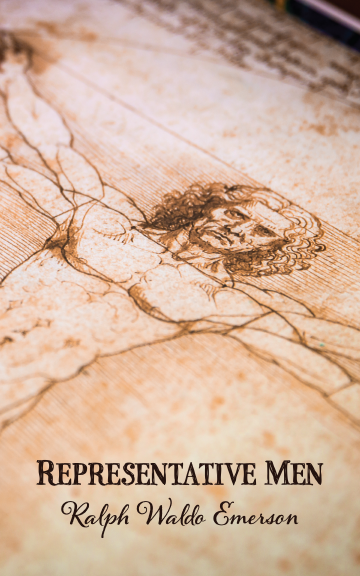Representative Men
Representative Men
The book “Representative Men” by Ralph Waldo Emerson originated from a collection or series of lectures he delivered in Boston during the winter of 1845–1846 and again during his trip to England in 1847.
It begins with a discussion of the uses of great thinkers. Then, it devotes six chapters to individuals who represent various aspects of humanity in their own unique ways. Emerson cites Plato as “the Philosopher,” Emanuel Swedenborg as “the Mystic,” Michel Eyquem de Montaigne as “the Skeptic,” William Shakespeare as “the Poet,” Napoleon Bonaparte as “the Man of the World,” and Johann Wolfgang von Goethe as “the Writer.”
The book by Emerson was first published in 1850. It was motivated by the romantic notion that there is a universal mind that expresses itself with a unique intensity through individual lives. It is an acknowledgment of genius as a trait bestowed upon a select few (i.e., the representative men) for the benefit of many.
Emerson based “Representative Men” on the concept of “rotation” so that no individual, no matter how powerful, would be given permanent status as a leader. He also emphasizes the role of great men in inspiring others to do and become better.



